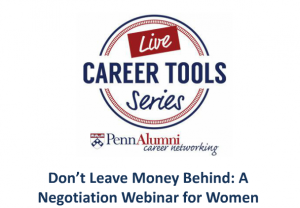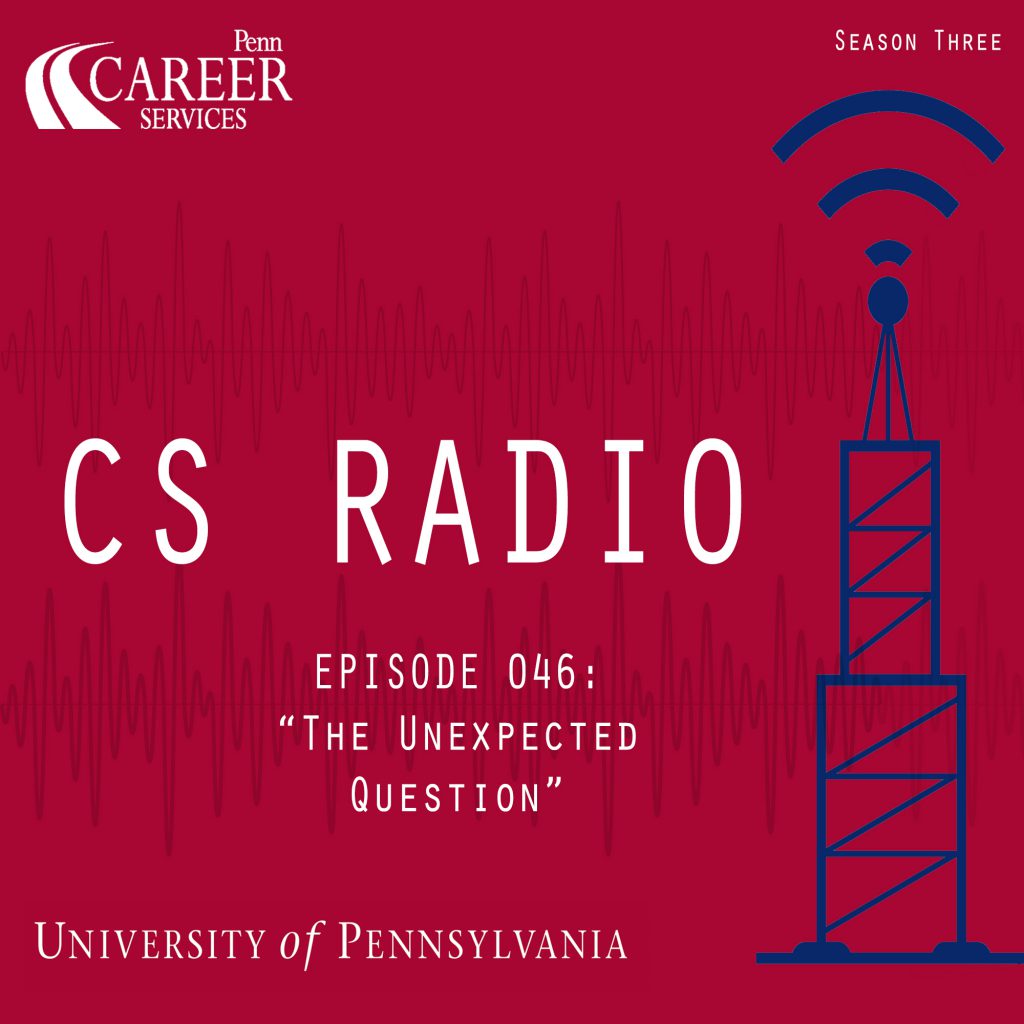Dr. Joseph Barber
As we conclude this academic year, let me take this opportunity to clarify some common areas of career confusion relating to the job search. But first, some interesting facts to start us off. Did you know that May is the only month that spells a vegetable backwards? I was going to say that May is also the only month that spells another actual word backwards, but then we would be forgetting about April. “What is a Lirpa?” you might ask yourself. Go ahead, look it up, and you will be ready to impress the next Trekkie you meet at a party. OK, and now onto some areas of career confusion and other assorted myths.
- Professional recruiters only spend an average of 8 seconds reading your resume
I am sure some data have been collected on this, but I am also positive that these data are unlikely to be representative of all industries, and all jobs, and all people. It is the kind of statement that attracts people’s attention, though, and there is some element of truth to this. The reality is that different people will read your application materials at different points along the process, and each person will be looking for something specific from your document. But it is true, that all of these people have busy jobs, lots to do, and so just can’t spend an awful lot of time trying to figure out if your experiences as described might be a good fit for a position. Moreover, the first person who reads your application might not be a person at all. More and more companies are using application tracking systems and software to compare keywords from resumes against keywords from the job descriptions. In a mere fraction of a second, these systems can give a score that addresses how many keywords, skills, and concepts from the job ad are covered in your materials. If there is too low a match rate, then a real person is probably never going to read your materials at all. Your job in your resume is to demonstrate to a very specific population of people at one organization interested in filling one particular role that you have something of value to bring to that specific role. So yes, you need a tailored and customized resume for each job application so that in the short time that someone does spend reading the document, that it really addresses their needs. This leads us to myth #2.
- But I thought only cover letters need to be customized for each separate job
Cover letters also need to be customized. If you only customize your cover letter, and no-one reads it, then have you actually customized anything at all? That’s a philosophical question for you. Not everyone will read a cover letter. Some application tracking systems won’t scan cover letters in their analysis. Now, don’t get me wrong, you want people to read your cover letter. You want them to read both the letter and the resume. Each document provides something rather different. The resume focuses on relevant skills for the job, and presents them as short, punchy, bullets that illustrate the relevant, takeaway skills in action, provide enough context to make the skills make sense, and ideally point to outcomes that show how effective the skills are. The cover letter takes the most relevant of these and tells more narrative stories that have some aspect of humanity integrated within. So, in a resume you might state:
Created a new experimental protocol in partnership with a bioengineer from a separate lab that resulted in a run time that halved the experimental timeline, and produced sufficient data for a publication now in press.
In a cover letter, you might tell the story behind this bullet point experience, structuring your story using the STAR format (situation, task/challenge, action, result):
In my last experiment, I was trying to get data from my cell-lines using the standard lab protocols, but realized that there wouldn’t be enough time to complete it before my funding ran out. I tried all sorts of approached before I reached out to a bioengineer from another lab at Penn who I had heard give a talk about a new filtration technique she was developing for her research. I was able to collaborate with her to modify her approach to my cell-lines, and actually double the experimental yield. It was really exciting to try an untried, innovative approach, and I really enjoyed the collaboration I established. My advisor has now started using our modified protocol on his own research, and we now have a paper in press. I am looking forward to bringing my creative problem solving to this new role, as I know this quick thinking is essential in a lean start-up environment.
Words such as “enjoy” or “excited by” are hard to use in a resume, but are more easily integrated into the cover letter. A one-page cover letter that has a couple of interesting and unique stories that contain just the right amount of drama and emotion will always be engaging to the reader.
- You will never get a job by applying online – you have to network to get a job
Well…, networking will absolutely maximize your potential to get a job – and the job you want – but plenty of people I have worked with have received interviews and offers after applying directly to a job posted online. Companies wouldn’t waste their time posting jobs on LinkedIn, Indeed.com, their own websites, or a host of other websites if these were just for show. In fact, in most companies, you do have to apply online to be officially tracked within their applicant tracking system. For most companies, there is a candidate hiring process that they need to follow, and specific steps you and they need to take. Networking helps you along this process, but it doesn’t replace it in most cases. Applying online with a generic resume might not get you through the applicant tracking robots, and a cover letter that doesn’t engage the reader might not get you the interview, but that doesn’t mean that this is the fault of the online application system.
- If the employer has answered all of the questions you had prepared ahead of time during the interview, it is OK to say that you don’t have any more questions when asked at the end
If time allows, you should always ask questions – always. In every interview that I have been part of (as an interviewer), the people who don’t ask any questions at the end, or who only ask one, or who ask a weak question, are always seen as least favourable candidates at the end of the process. Saying that you don’t have any questions basically tells the interviewer that you are disinterested. If you are applying for a new job, you can’t possible know everything there is to know about it, and so take every opportunity to ask smart, engaging questions about the specific role that you are interviewing for. Here are a few examples:
- Over the first 3-6 months, what will be the main priorities for the person in this role?
- How does this role fit into the team structure in this office – if I were in this role, would I be working with the same team over time, or on different teams for each project?
- What types of professional training opportunities are available for the person in this role?
- What are some of the most exciting challenges that the person in this role might face in this work?
- You should only go to Career Services if you have a specific question, and only if you are an undergraduate
No, you can come at any time, and we will help you identify some of the questions you should be asking if you are having a hard time figuring out what they are. Career Services is also divided into teams, and you will find career advisors who work specifically with undergraduates, and some who only work with graduate students and postdocs. So, if you didn’t take the opportunity to stop by during Lirpa, we look forward to seeing you later in Yam! We are open all summer long!






